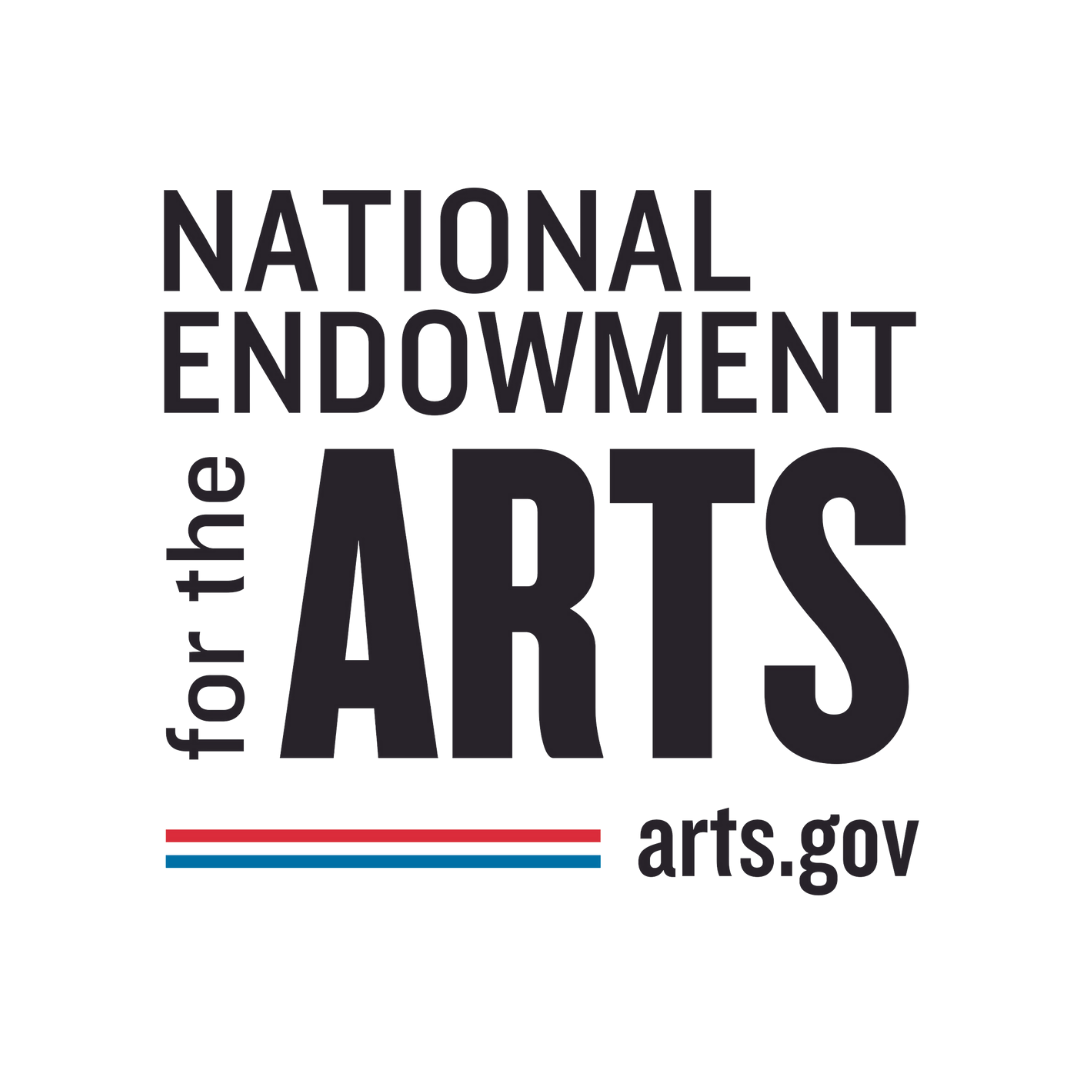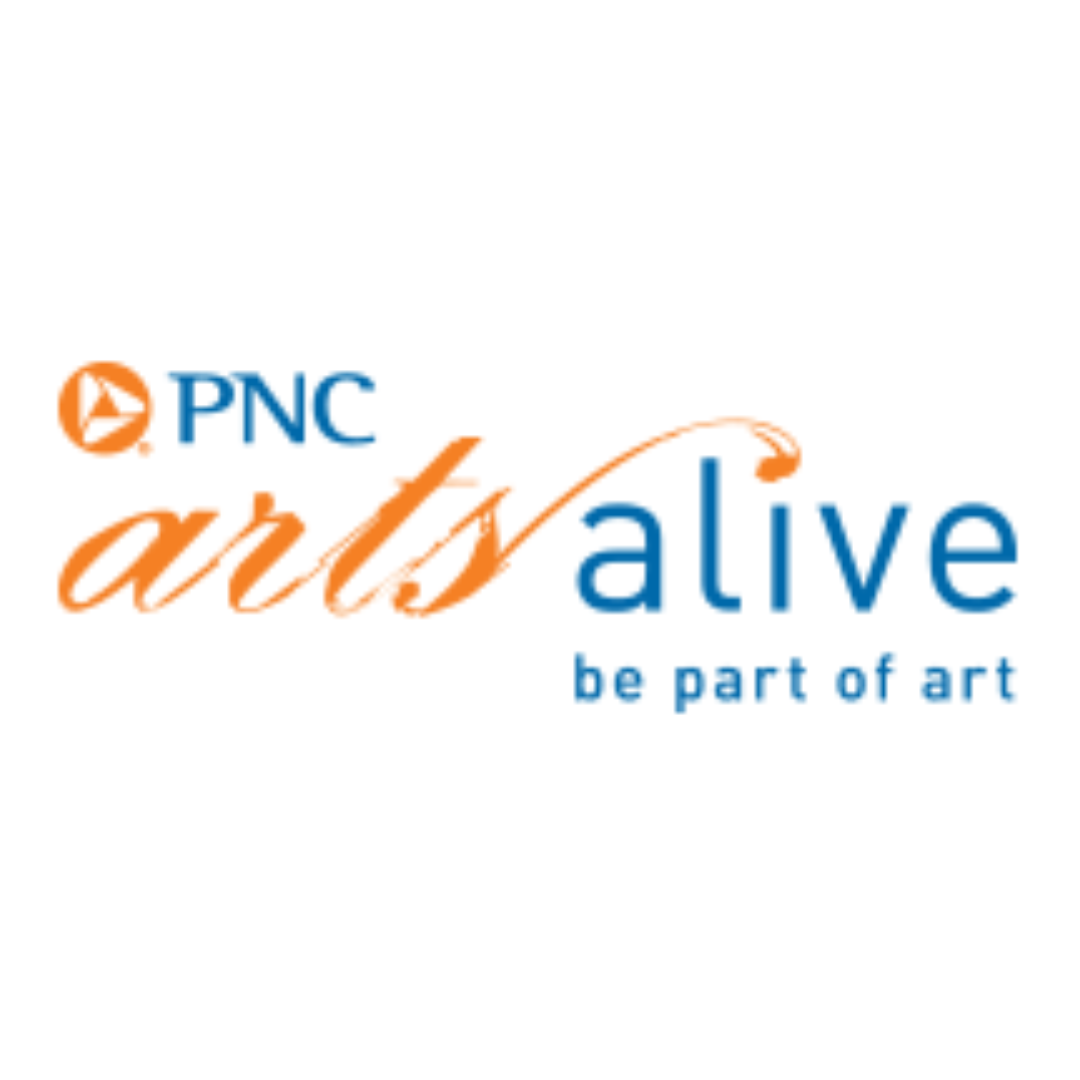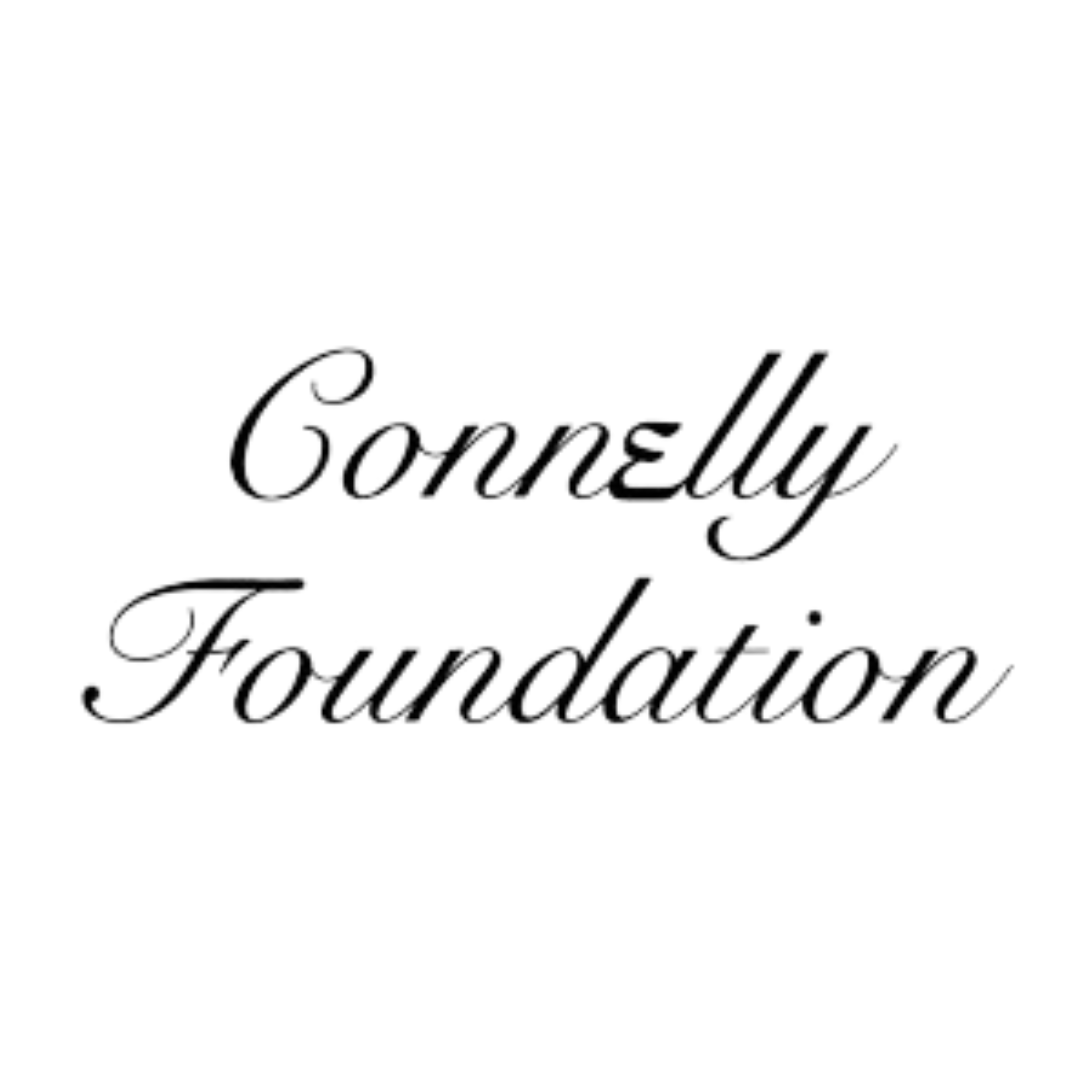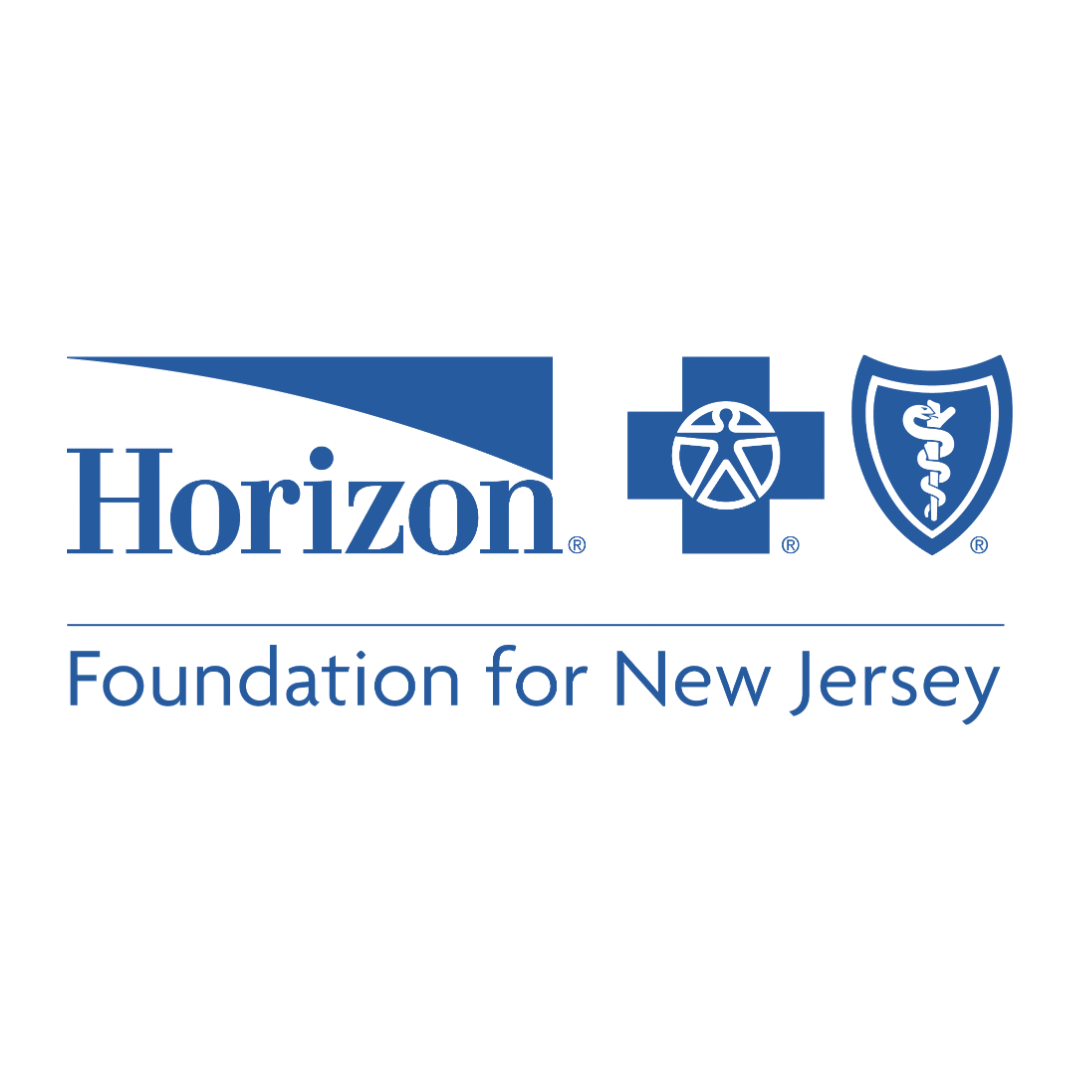Planned Giving
Shape the future of Perkins Center for the Arts and ensure vibrant arts experiences for generations to come.
Consider a planned gift to Perkins Center, such as a bequest in your Will or Trust, or a Charitable Gift Annuity that provides us with income for life. With a variety of creative and flexible options, you can make a significant impact while also benefiting Perkins.
Contact Us
For more information, please call 856-235-6488 or email KBuss@PerkinsCenter.org.
Contact
For more information on how these gifts might work for you, please call Planned Giving at
(856-235-6488) or email us at create@perkinscenter.org
Perkins Center for the Arts
Attn: Development Office
395 Kings Highway
Moorestown, NJ 08057
Tax ID: EIN 22-2132838
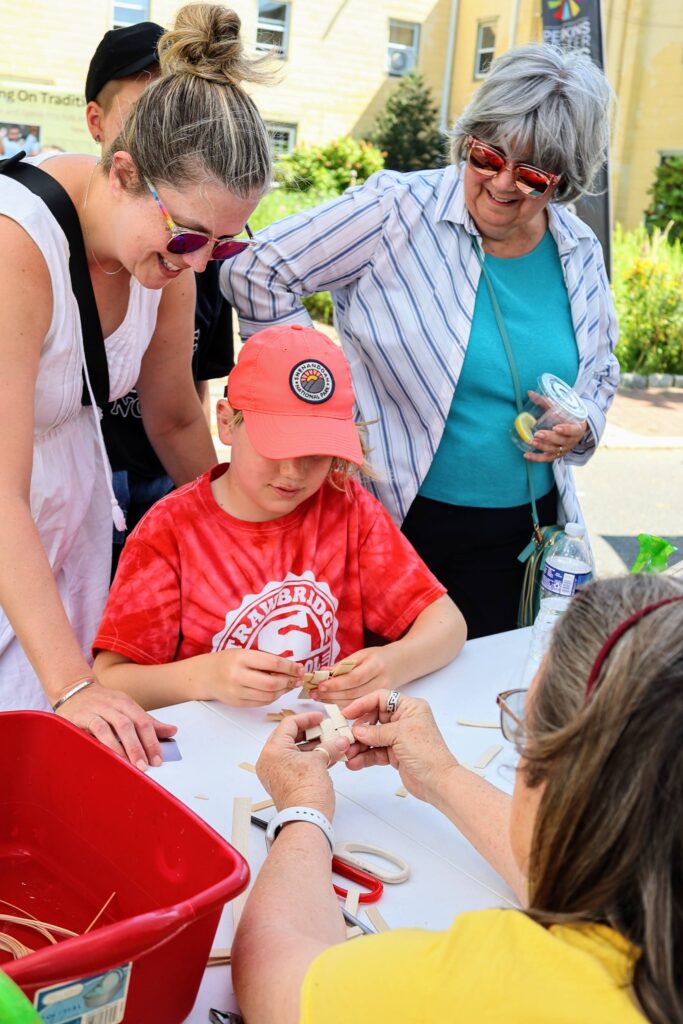
Including Perkins Center for the Arts in your will is a powerful way to ensure the future of arts and culture in our community. Your bequest will support our vital work in exhibitions, education, community outreach, and the preservation of our facilities. A bequest is a simple yet impactful way to leave a lasting legacy.
You can structure your bequest in several ways:
Specific Amount: Designate a specific dollar amount to Perkins.
Specific Assets: Donate specific assets such as securities, real estate, or tangible personal property.
Percentage of Estate: Give all or a percentage of the remaining assets of your estate after all other obligations are met (a residuary bequest).
Contingent Bequest: Name Perkins as a beneficiary only if the primary beneficiary is unable to accept the bequest.
You can make a bequest to Perkins by creating a new will or adding a codicil to your existing will. A bequest to Perkins Center for the Arts is tax-deductible for estate tax purposes.
How to Make a Bequest: Sample Language
For maximum impact, we recommend an unrestricted bequest, allowing Perkins to allocate your gift where it’s most needed at the time.
Suggested language for an unrestricted bequest:
“I give, devise, and bequeath [the sum of ____ dollars], [all or ____ percent of the rest, remainder, and residue of my estate of every kind and description (including lapsed legacies and devises)] to the Perkins Center for the Arts, 395 Kings Hwy, Moorestown, NJ, 08057, for its general purposes.”
Suggested language for a specific purpose:
“I give, devise, and bequeath [the sum of ____ dollars], [all or ____ percent of the rest, remainder, and residue of my estate of every kind and description (including lapsed legacies and devises)] to the Perkins Center for the Arts, 395 Kings Hwy, Moorestown, NJ, 08057, to be used for the following purpose: [state the specific purpose].”
Important Note: If you specify a purpose for your bequest, including the following language will ensure your gift remains effective: “If, in the judgment of the Board of Trustees of the Perkins Center for the Arts, the designated use of this bequest is no longer practical or appropriate, then the Board of Trustees shall use the bequest for the general purposes of the Perkins Center for the Arts, giving consideration, where possible, to my stated intent.”
We encourage you to consult with your legal and financial advisors to determine the best approach for your individual circumstances. For further information or to discuss your planned giving options, please contact Executive Director, Kahra Buss at Kbuss@perkinscenter.org.

Charitable Gift Annuity at Perkins Center for the Arts offers a unique way to support our mission while securing a stable income for yourself. In exchange for a gift of cash or marketable securities, you’ll receive fixed payments for life. It’s a win-win: you provide vital support to Perkins, and you gain financial security.
How it Works:
- You make a gift of cash or marketable securities to Perkins.
- We agree to pay you (or you and a loved one) a fixed annual payment for life.
- The payment amount is based on your age and the size of your gift. The minimum age for annuitants is 65.
- A portion of your annuity payment is tax-free.
- You receive a charitable income tax deduction for a portion of your gift in the year it’s made.
Deferred Gift Annuities:
You can also defer your annuity payments to a future date, such as your retirement. Deferring payments typically results in higher annuity payments and a larger tax deduction in the year of your gift.
Example:
A 70-year-old individual makes a $25,000 gift to Perkins for a charitable gift annuity. They might receive annual payments of approximately $1,500 (this is an example only and will vary based on current rates), a portion of which is tax-free. They will also receive a charitable income tax deduction in the year the gift is made.
Charitable Rollover Gift Annuity (QCD):
Individuals age 70 ½ and older can use a Qualified Charitable Distribution (QCD) from their IRA to fund a charitable gift annuity. This offers a tax-efficient way to support Perkins. Please note the following:
This is a one-time opportunity, with a limit of $50,000 per individual (or $100,000 for a married couple).
The entire annuity payment is taxable.
There is no charitable deduction for the QCD, but the QCD itself is not taxed.
Example:
A 72-year-old individual can use a QCD of up to $50,000 from their IRA to fund a charitable gift annuity at Perkins. While the annuity payments will be taxable, the initial transfer from the IRA avoids taxation, offering a significant tax advantage.
Important Note: The examples provided are for illustrative purposes only and do not constitute financial or legal advice. Annuity rates and tax implications can vary. Please consult with your financial advisor and/or legal counsel to determine the best approach for your individual circumstances.
For a personalized illustration of how a Charitable Gift Annuity can benefit you and Perkins, please contact Executive Director, Kahra Buss at Kbuss@perkinscenter.org at Perkins]. We would be happy to discuss your planned giving options with you.
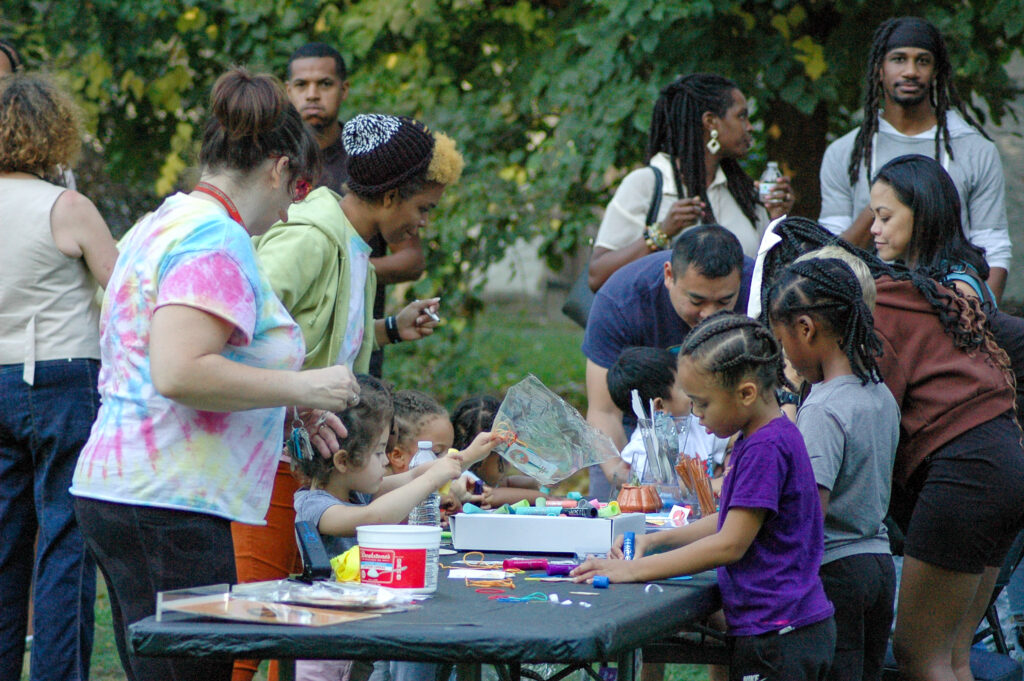
Retirement accounts can be a valuable source of charitable giving. Because these assets are often heavily taxed when passed on to heirs (other than a spouse), designating Perkins as a beneficiary can be a tax-efficient way to make a significant gift.
Qualified Charitable Distributions (QCDs):
Individuals age 70 ½ and older can donate up to $100,000 annually from their Individual Retirement Accounts (IRAs) directly to a qualified charity like Perkins. These Qualified Charitable Distributions (QCDs) can satisfy your Required Minimum Distributions (RMDs) and are not included in your taxable income. This can be a very tax-effective way to give. Please contact us for more information on how to make a QCD to Perkins.
Life Insurance:
You can name Perkins Center for the Arts as the beneficiary of a life insurance policy. This is a simple way to make a substantial future gift.
Real Estate:
Donating real estate, such as your home, can be a meaningful way to support Perkins. Several options exist, including:
- Outright Gift: You can donate your property to Perkins.
- Retained Life Estate: You can donate your property to Perkins while retaining the right to live there for your lifetime.
- Charitable Remainder Trust: You can transfer your property to a trust that provides income to you or other beneficiaries for a specified period, after which the remaining assets go to Perkins.
- Charitable Lead Trust: Income from the trust goes to Perkins for a set period, and then the assets are transferred back to you or your beneficiaries.
Each of these options has unique tax implications and benefits. We strongly recommend consulting with your financial advisor and/or legal counsel to determine the best approach for your individual circumstances.
For more information about giving through retirement assets, life insurance, or real estate, please contact Executive Director, Kahra Buss at Kbuss@perkinscenter.or. We would be happy to discuss these options with you.
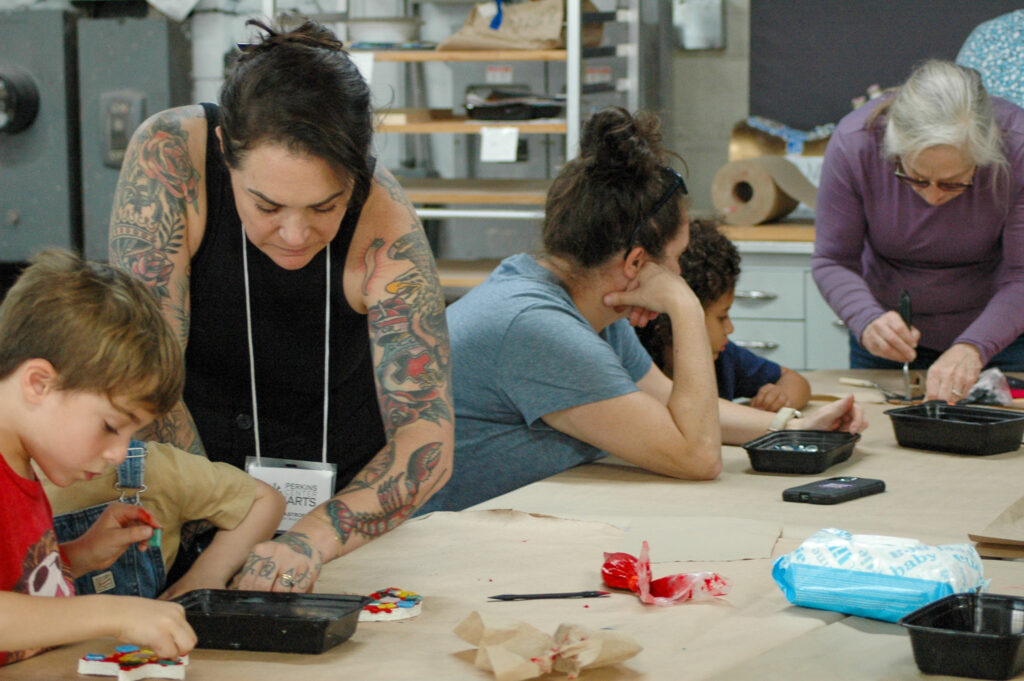
Charitable Remainder Trusts:
A Charitable Remainder Trust (CRT) is a separately managed trust that can be tailored to your financial needs. You transfer assets (cash, securities, or real property) to the trust, which then pays income to you or other beneficiaries for life or a set number of years (up to 20). Two main types exist:
- Charitable Remainder Annuity Trust (CRAT): Pays a fixed annual income amount.
- Charitable Remainder Unitrust (CRUT): Pays an annual income amount that varies based on the trust’s assets’ value.
At the end of the trust term, the remaining assets go to Perkins. You receive a charitable income tax deduction for a portion of your contribution in the year you establish the trust.
Example:
An individual creates a CRAT with $500,000 in appreciated stock, providing a fixed annual income to their spouse for life. This allows them to support Perkins while providing for their spouse. They also receive a charitable deduction in the year the trust is established.
Pooled Income Fund:
A Pooled Income Fund operates like a mutual fund. Perkins combines gifts from multiple donors, invests them, and distributes income proportionally to the beneficiaries.
- You can contribute cash or marketable securities (not tax-exempt).
- The minimum gift is typically $10,000.
- Income is paid to you or your beneficiaries and varies with the fund’s performance.
- You receive an immediate income tax charitable deduction for a portion of your gift.
- Upon the beneficiary’s death, the principal goes to Perkins.
Example:
A couple donates $10,000 of stock to the Perkins Pooled Income Fund. They receive income for life, and upon their passing, the principal goes to Perkins. They also receive a charitable deduction in the year of their gift.
Charitable Lead Trusts:
A Charitable Lead Trust (CLT) provides income to Perkins for a specified period, after which the assets are transferred back to you or your beneficiaries.
- You transfer income-producing assets (e.g., stock or real estate) to the trust. A minimum gift of $100,000 is often recommended.
- Perkins receives income from the trust for a set number of years.
- The assets then go to your heirs, often with reduced or eliminated gift and estate taxes.
- You receive a charitable deduction on your gift tax return.
Example:
A family establishes a CLT, transferring appreciated stock. Perkins receives income from the trust for 10 years, and then the stock is transferred to their children, potentially minimizing estate tax.
Important Note: These are complex financial arrangements. The examples are for illustrative purposes only and do not constitute financial or legal advice. Please consult with your financial advisor and/or legal counsel to determine the best approach for your individual circumstances. Contact Executive Director, Kahra Buss at Kbuss@perkinscenter.org for more information.







